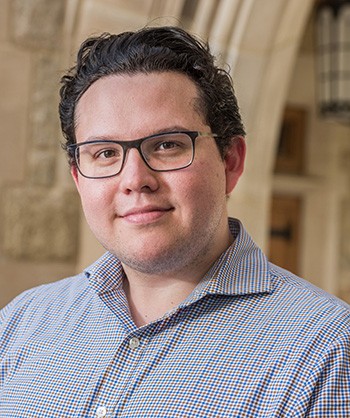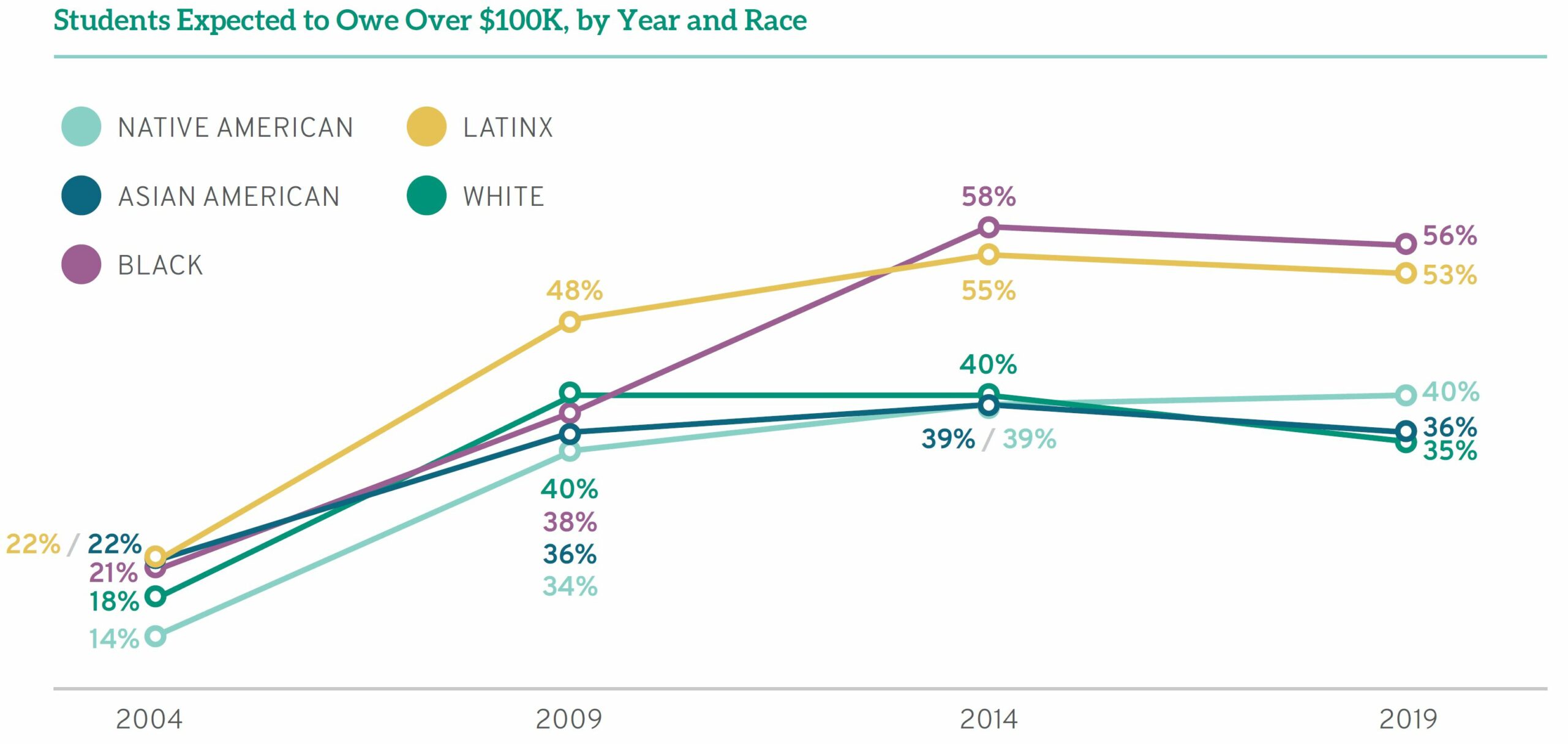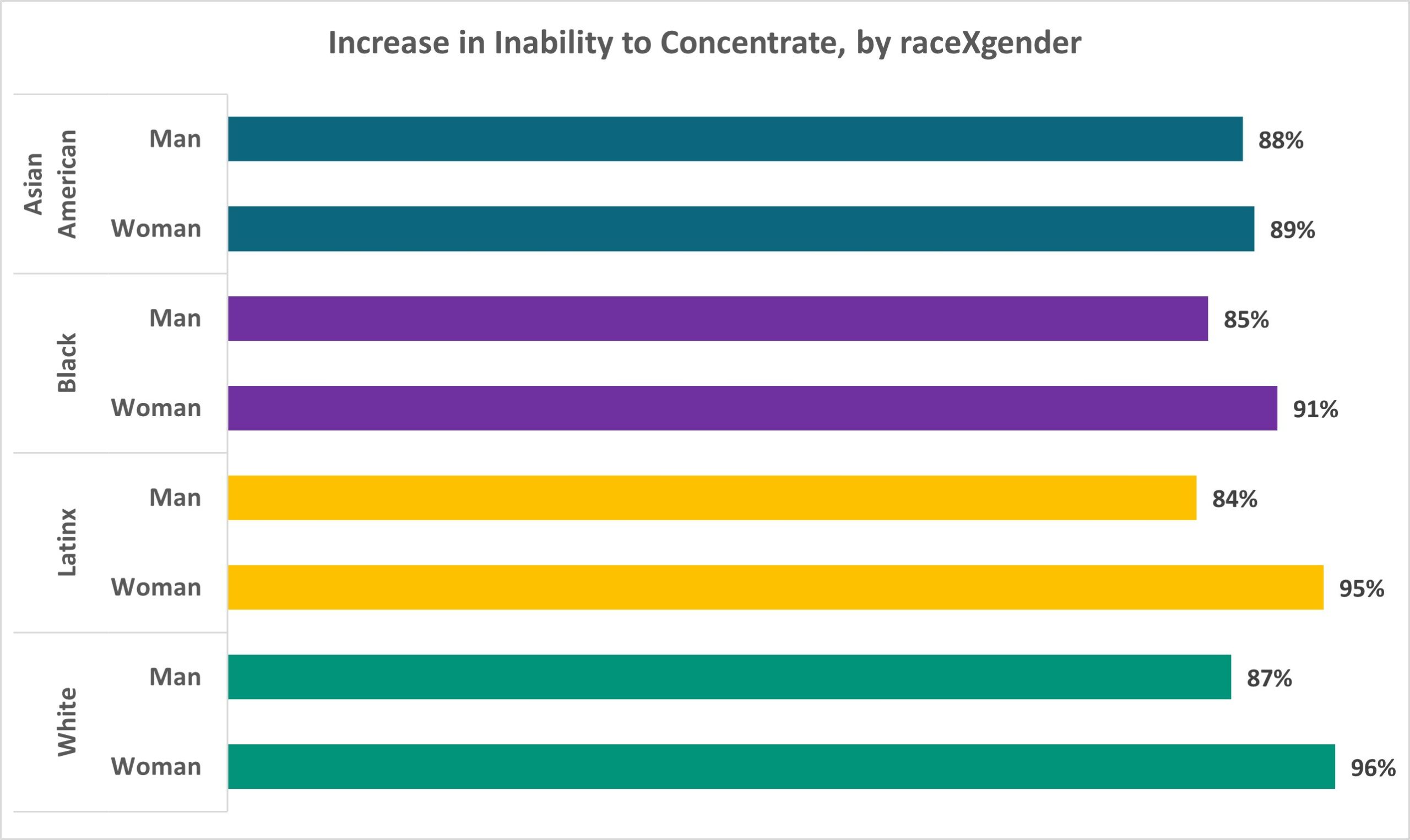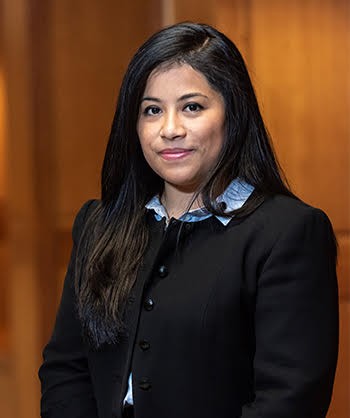Raquel Muñiz
Assistant Professor
Lynch School of Education & Human Development and School of Law (by courtesy)
Boston College

Andrés Castro Samayoa
Associate Professor of Higher Education
Lynch School of Education & Human Development
Boston College
Latinx people remain underrepresented in the legal profession and experience exclusion and marginalization during law school. The culture and environment unique to legal education present challenges to their experiences. For instance, LSSSE data show that in 2020 only 28% of Latinx law students strongly felt part of their law school community and only 1 out of 5 Latinx law students reported feeling comfortable being themselves at their institutions. Moreover, while Latinx representation in law school has increased over time, they carry greater financial burdens. LSSSE has found that Latinas are more likely to borrow over $200,000 than men of the same ethnicity or than women from any other background. This troubling trend remains consistent in longitudinal reporting. Latinx law students remain a student population in need of structural support to access and succeed in law school as they are socialized into the profession.


In 2019, we began a project to understand how Latinx law students across differently ranked law schools (Tier 1, 2, 3 & 4) valued their legal education. We recruited students at law schools enrolling the largest proportion of Latinx law students across each Tier, two schools per tier. In total, we interviewed 81 law students: T1 (23 students total), T2 (23), T3 (24), and T4 (11). Our data collection extended into 2020, giving us a rare insight into how Latinx law students made sense of their legal education as the height of the COVID-19 pandemic unfolded.
Students were generally satisfied with the prompt response that their law schools employed as they shifted from in-person to virtual classes. They also agreed that a law degree is a timeless degree because, as a student noted, “[T]he world is always going to need attorneys.” Additionally, law students experienced the same disruptions as other students—disruptions to their routines, challenges concentrating and finding a space to study, as well as loss of community with other students, faculty, and staff. One noted: “It’s a loss of sense of community. It’s hard for you to keep in touch with your peers. It’s very difficult. It’s kind of like you’re just watching a YouTube video of the doctrine.” These trends align with LSSSE’s report, The COVID Crisis in Legal Education, which revealed numerous challenges including increases in loneliness and inability to concentrate.

In-depth qualitative interviews with 2Ls and 3Ls also revealed how the pandemic amplified challenges endemic to legal education, namely: a zero-sum hypercompetitive environment driven by hierarchical metrics of prestige as proxies of success. Students’ references to these concerns expressed themselves differently depending on their law school’s rankings. Student concerns in Tier 1 law schools centered around whether online courses would impact student learning, grades, bar passage rates, and subsequently law school rankings. Law school rankings were important to students in highly ranked law schools, because they viewed them as deeply intertwined with premium post-graduation employment opportunities. One student articulated this concern, noting:
I think as a law student, it makes me feel better about the money I’m taking off to go to law school, because they’d make me feel like people will want to hire me because of the school ranking. . . . I’m just really concerned about COVID and how that’s going to affect the rankings and schools and the type of student [learning.] I just feel like we’re better students when we do in-person classes. . . . It will affect the bar passage rate and, in consequence, school ranking.
These concerns were magnified in T1 schools compared to other law schools: Students expressed concerns that their law school would fall in the rankings as a result of COVID and that the money they paid (and often, borrowed) to attend a highly ranked law school would not yield results, leading to fewer professional opportunities. Tier 2 law students expressed a more salient concern with disruptions to the relationships they had built through experiential learning and summer placements. They also worried about the high cost of attending law school and whether that was a worthy investment or if COVID would diminish their investment.
In contrast, students in one of the T3 law schools had a heightened awareness of their schools’ lower ranking and worried that jobs in the legal profession would shrink because of COVID and the few positions left would go to students in higher ranked law schools. The second T3 school was heavily focused on public interest law, and students repeatedly noted that their degree post-graduation was even more valuable, because there is an increasing need for lawyers who advocate for the rights of marginalized communities. Concerns over job prospects as a result of the pandemic were consistent in both T4 law schools.
While law schools continued to pivot to online learning and maintain a semblance of structured routine, within-class rankings became a topic of debate fueled by competition. Students in schools with class rankings across all tiers discussed their concerns with the Pass/Fail system adopted by schools. Multiple students shared that the lack of grades would lead to decreased motivation for students to excel academically. Others expressed a preference for grades, because this meant they would be able to outperform their peers and this would benefit their class ranking. This dominant sentiment is captured by a student in a T3 law school:
There’s been some concerns about the grading system, because schools nationwide have decided to go to Pass/Fail or Credit/No Credit. . . . [T]hat created a lot of buzz and a lot of anxiety . . . . [There were] Facebook debates on: What’s better? What’s worse? And some folks are saying on Facebook that people of color have it harder and that we should just do Pass/Fail. Whereas my perception of this was: given the fact that I have actually been through a lot personally, I felt like I was actually looking forward to this. Because I felt like people that have not experienced adversity, right now, they’re facing it. And I know what it’s like to have to think on your feet. So, I was thinking to myself, “Well, go ahead, bring on the grades.” Like, we’re just going to see who can do what they can do.
Students’ responses to the early days of COVID reveal how even unexpected global disruptions can serve to further entrench the hyper competitive economy of prestige in preparing future lawyers. Four years into COVID-19, few institutional practices have attempted to curtail these efforts. In the past few months, the specter of artificial intelligence platforms like ChatGPT once again offer an opportunity to reconsider how we can equitably respond to the future of the profession. Will we heed the call?
Acknowledgement: This project was funded by AccessLex/AIR and The Spencer Foundation.

